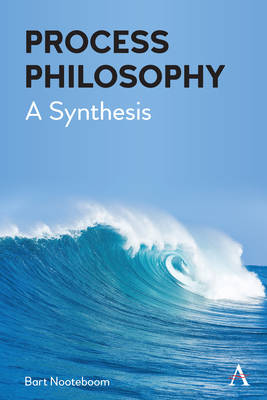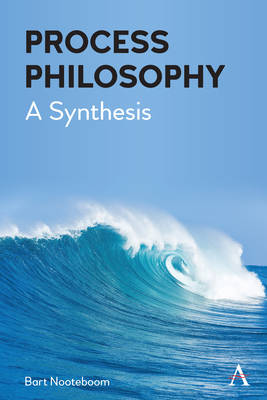
- Retrait gratuit dans votre magasin Club
- 7.000.000 titres dans notre catalogue
- Payer en toute sécurité
- Toujours un magasin près de chez vous
- Retrait gratuit dans votre magasin Club
- 7.000.0000 titres dans notre catalogue
- Payer en toute sécurité
- Toujours un magasin près de chez vous
Description
Bringing together the ideas of many philosophers, among others Hegel, Kierkegaard, Bergson, Nietzsche, Heidegger, Wittgenstein, Deleuze and Derrida, the book aims to give a coherent synthesis of ideas about change and aims to see how one can take a process view of various features of humanity, such as knowledge, relations between people, language and morality, and how, vice versa, that might contribute to process philosophy. Beginning with evolution and moving on to consider knowledge in its dynamic aspect of learning, the book takes a process view of the individual and society.
Generalised Darwinism is discussed not only in terms of biology but also in economics, organisation, language and science in terms of interactors and replicators. The key processes of variety generation, selection and transmission are fundamentally different from those in biology. Therefore, a theory of knowledge and its change is presented that in some ways is similar to evolution but also different in important ways. This theory discusses neural Darwinism. It proposes how discovery might work, in a cycle of discovery, in an interchange of stability and change, and how differences in cognition work in the combination of different sources (cognitive distance). This theory is applied to knowledge, organisations and science. The discussion explains and applies the notions of entropy and organisational focus. Recognising that absolute, objective truth is problematic, it discusses the notion of warranted assertion. The notions of sense and reference are discussed in an explanation of meaning, and the notions of order and variety in terms of langue and parole, and the role of parole in poetry. The change of meaning is further developed in terms of the hermeneutic circle to deal with order and change of meaning. It uses the notion of a script and the hypothesis of an object bias.
Ethics and morality are explored by how the individual constructs their identity and develops in their tension between authenticity and conformity in society. Aristotle's multiple causality of action is employed to discuss power and sources of dependence and ways to deal with them. Networks as a source of identity and the decentralisation of governance to communities are discussed along with the notion of restorative justice. The concluding chapter considers the historical development and the different forms of ethics and morality, in relation to institutions, and how in evolution an instinct for benevolence has developed and is related to the intrinsic next to extrinsic value of relationships.
Spécifications
Parties prenantes
- Auteur(s) :
- Editeur:
Contenu
- Nombre de pages :
- 138
- Langue:
- Anglais
Caractéristiques
- EAN:
- 9781785277467
- Date de parution :
- 31-03-21
- Format:
- Livre relié
- Format numérique:
- Genaaid
- Dimensions :
- 152 mm x 229 mm
- Poids :
- 376 g

Les avis
Nous publions uniquement les avis qui respectent les conditions requises. Consultez nos conditions pour les avis.






